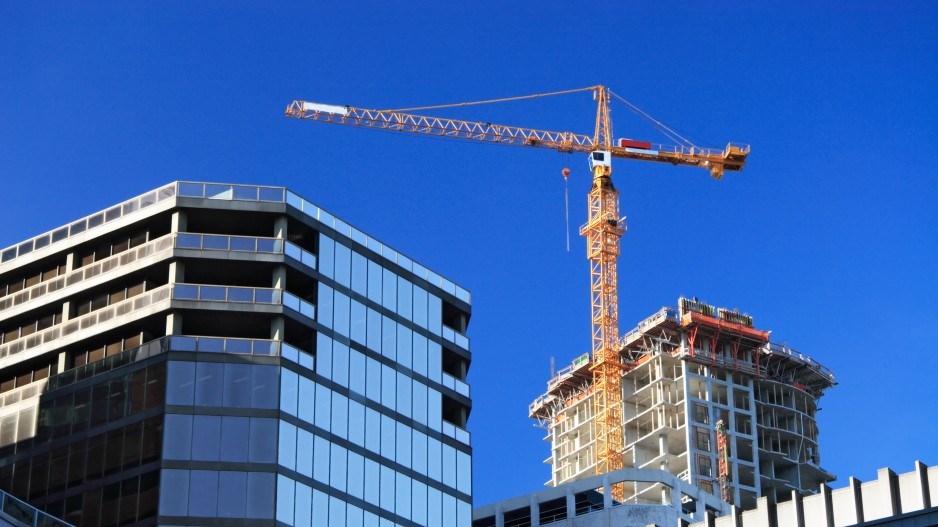The Canadian Home Builder Association (CHBA) is calling on the federal government and Canada Mortgage and Housing Corp. (CMHC) to change regulations within the foreign buyer ban they say work against building more housing supply.
The Prohibition on the Purchase of Residential Property by Non-Canadians Act, also known as the foreign buyer ban, was first announced last April and took effect on Jan. 1 of this year. It prohibits non-Canadians and non-permanent residents from directly or indirectly purchasing property for two years.
Part of the issue, according to CHBA CEO Kevin Lee, is that the regulations also prohibit Canadian companies with more than three per cent foreign ownership from buying vacant land for residential development, and from purchasing properties with fewer than four units on them.
“That has created a massive issue for our industry in home building and land developments because we have lots of companies in this country that have a small or, even in some cases, a larger amount of foreign ownership,” he said.
In addition, land that has been zoned as mixed-use land can no longer be purchased for development by any company that is partially foreign owned, according to CHBA.
“Let's suppose you want to buy some mixed-use land, to put up a shopping mall, a plaza or a theatre. You actually can't right now if any portion of your business has some foreign ownership.” Lee said.
“Obviously in the large development industry, there are a lot of companies that have larger percentages foreign ownership. It takes a lot of capital and equity to buy large tracts of land that are valuable to then turn into our built environment in Canada,” he added.
Despite the presence of foreign ownership within some development companies, Lee said that they still contribute to building housing stock within Canada.
When it comes to legislation like this, “the devil is in the details,” said Lee. In cases like the foreign buyer ban, the federal government will typically release the regulations 30 days or more ahead of time to allow for review and feedback, he said.
This time, the regulations were released on Dec. 21, 2022, just under two weeks before the ban took place.
“We've tried to say, ‘Hey, this is a big problem.’ It's not just a question of before it comes into law, it has become law,” Lee said.
When it comes to solutions, Lee said that an easy fix is to provide exemptions for companies that may have partial foreign ownership, but contribute actively to building more housing stock within Canadian communities.
CHBA has not heard directly from the federal government or CMHC as to what the course of action will be regarding the regulation of vacant land. The hope, Lee said, is that the impact of the regulations are an “unintended consequence” that will be addressed.
“It's our sense that they're going to try and work on something to rectify the situation, but they're not able to tell us that for sure,” he said.
In a prepared statement, a spokesperson from the Office of the Minister of Housing and Diversity and Inclusion said that the federal government is closely monitoring the implementation and impact of the ban across Canada.
"We will continue to engage with stakeholders as we consider potential additional steps to ensure this measure does not have unintended impacts on communities," the statement said.



